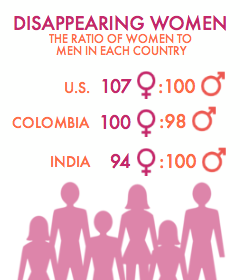
Geography: Cambodia
Founded: 1993
Address:PO Box 2716
New York, NY 10116
About World Assistance for Cambodia
World Assistance for Cambodia is an independent non profit organization dedicated to improving opportunities for the youth and rural poor in Cambodia. Founded in 1993 as American Assistance for Cambodia by American journalist Bernie Krisher, World Assistance for Cambodia operates interlinked programs across Cambodia in the areas of education, health, rural development and technology.
Eradicating Trafficking of Girls in Cambodia
Trafficking of girls and women is one of the most serious human rights problems facing Cambodia today. In a country where the per capita income is one of the lowest in the world, and state support systems are negligible, unsuspecting victims are lured with false promises of jobs then forced into sex work or exploitative labor situations. Victims are controlled with threats, lies, drugs, physical force and often held in slave-like conditions.
World Assistance for Cambodia's Girls Be Ambitious program was launched to prevent the trafficking of Cambodian girls from poverty-stricken homes for sexual and labor exploitation through an incentive program to stay in school and receive additional vocational training that will provide employment, income, and social and political empowerment.
Among victims of trafficking, illiterate girls who are enticed to migration and exploited en route and at their destination are most vulnerable. The program aims to improve awareness among these girls at risk by providing them with alternatives close to home and ways to improve their livelihoods.
The Girls Be Ambitious program runs off of World Assistance for Cambodia's Rural School Project which has built over 530 schools. Attendance of girls in many villages remains low. The main reasons girls do not attend school are because of poverty and pressures upon them to help the family with work in the fields, or to take care of younger siblings and stay home while the parents are farming in the fields. As a result the girls stay illiterate and are vulnerable to exploitation.